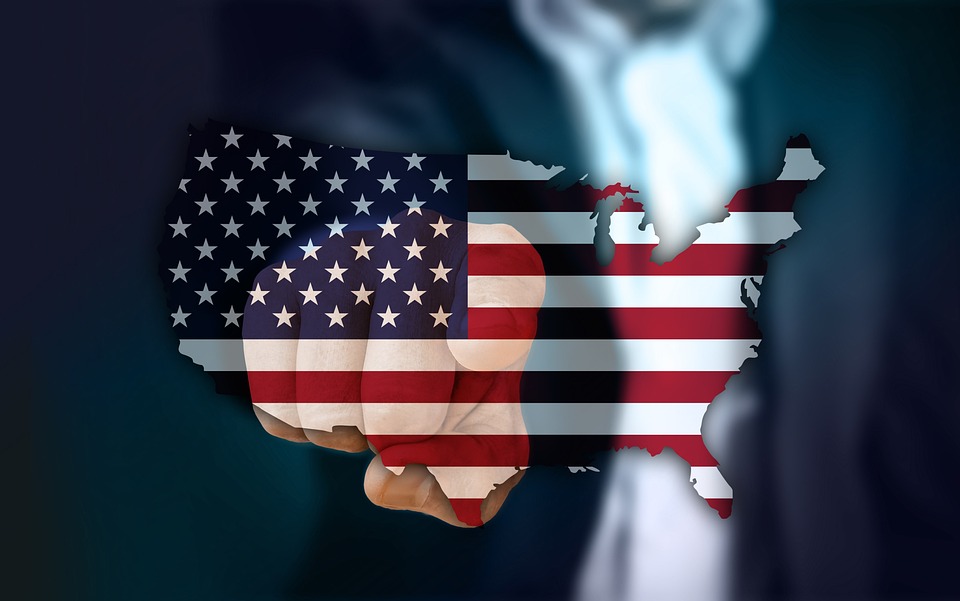When it comes to politics, it can sometimes feel like we are speaking a different language. Terms like liberalism, conservatism, socialism, and communism are thrown around, but what do they actually mean? And how do they shape the way we see the world and our place in it?
Let’s start with liberalism. Liberalism is a political ideology that emphasizes individual rights, equality, and the importance of government intervention to promote social justice. Liberals believe in the power of the individual to make their own choices, and in the importance of government programs to ensure that everyone has access to the same opportunities. They tend to support things like universal healthcare, free education, and social welfare programs.
On the other end of the spectrum, we have conservatism. Conservatives believe in tradition, authority, and limited government intervention. They tend to value personal responsibility and self-reliance, and are skeptical of government programs that they see as infringing on individual rights. Conservatives tend to support things like low taxes, limited government regulation, and a strong military.
Now, these definitions are obviously oversimplified, and there are many variations within each ideology. But understanding the basic principles of liberalism and conservatism can help us make sense of the political debates and divisions that seem to be always present in our society.
One of the key differences between liberals and conservatives is their view of the role of government. Liberals tend to see government intervention as a necessary tool for promoting equality and social justice. They believe that the government has a responsibility to help those who are less fortunate, and to regulate industries that might exploit workers or harm the environment.
Conservatives, on the other hand, tend to see government intervention as a necessary evil. They believe that too much government involvement can stifle individual initiative and innovation, and that it is best for individuals and communities to take care of themselves without government interference.
Another key difference between liberals and conservatives is their attitudes towards change. Liberals tend to be more open to social change and progress, and are more willing to challenge traditional norms and institutions in order to promote greater equality and justice. Conservatives, on the other hand, tend to be more skeptical of change, and are more likely to defend traditional values and institutions.
Understanding these differences can help us see why political debates can sometimes seem so contentious. Liberals and conservatives are often speaking from fundamentally different worldviews, and it can be difficult for them to find common ground on issues where their values and priorities are in conflict.
Of course, not everyone falls neatly into the categories of liberalism or conservatism. There are many other political ideologies and perspectives that shape how we see the world and our place in it. Socialism, for example, is an ideology that emphasizes collective ownership and control of the means of production, with the goal of achieving greater equality and social justice.
Communism is a more extreme form of socialism that calls for the abolition of private property and the establishment of a classless society. Libertarianism is an ideology that emphasizes individual freedom and limited government intervention in both social and economic matters. And there are many other ideologies and perspectives that shape the way we think about politics and society.
In the end, understanding political ideologies is not just about memorizing definitions and categories. It is about understanding the values and principles that shape how we see the world, and recognizing that there are many different ways of understanding and addressing the challenges that we face as a society.
By listening to and learning from people who hold different political views, we can broaden our perspective and deepen our understanding of the complex issues that shape our world. We may not always agree on everything, but by engaging in thoughtful and respectful dialogue, we can work towards a more just and inclusive society for all.



